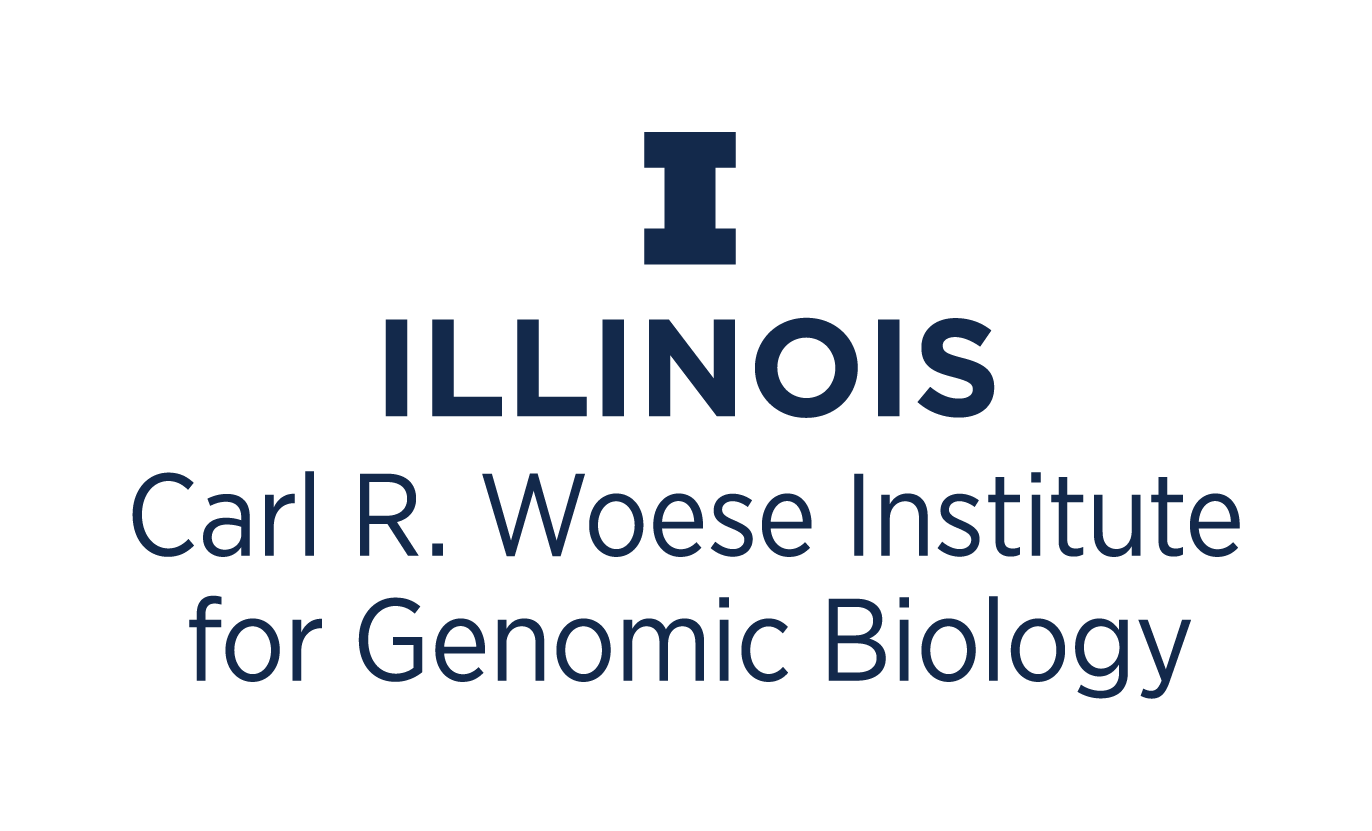The Computing Genomes for Reproductive Health (CGRH) theme looks at the interplay among genetic and environmental factors that promote susceptibility and resilience to disease. Its specific focus is on reproductive health issues, including obstetrical syndromes.
Obstetrical syndromes such as preterm birth (PTB) are major causes of infant and maternal mortality and morbidity in pregnancy. PTB is a devastating global health problem that comes with a $26 billion estimated annual cost in the US alone. Worldwide, approximately 15,000,000 infants are born prematurely each year. They are at increased risk for developing childhood and adult diseases including metabolic syndrome, cognitive deficits, and psychiatric disorders, thus increasing the long-term global disease burden.
Pregnancy-related syndromes, like other common, complex diseases, are influenced by multiple factors; genomics explains only a small portion of relative risk. The theme will draw on insights from evolutionary biology and precision medicine to address the following questions:
- What factors (e.g., diet, chemical exposures, epigenetic changes in gene regulation, and social context) beyond DNA variation affect reproductive health and pregnancy outcomes?
- How do interactions among organisms, their genes, and their environments affect reproductive health and pregnancy outcomes?
The research will focus on reproductive conditions having relatively low heritability, and especially syndromes associated with placentation and pregnancy.
Addressing these questions requires a collaborative effort between researchers who understand the biological basis of reproduction from clinical, genomic, and epigenomic perspectives, computational scientists who can analyze high dimensional data, and theoretical and systems oriented scientists who can develop new models grounded in the interactions between people and their environments. The theme brings together individuals with expertise in computational medicine, reproductive biology in humans and other metazoan and microbial species, statistical genomics, epigenomics, social science, and engineering and systems approaches to human health.
Theme researchers will work closely with the CompGen initiative to develop tools that combine precision medicine data with behavioral and evolutionary information as well as novel methods and algorithms for genomic research. The theme’s long-term goal is to develop predictive medicine models resulting in actionable intelligence that can suggest precision medicine-based treatments and interventions to improve pregnancy outcomes. We expect that the methods developed for studies in pregnancy will be applicable to other common disorders related to adverse pregnancy outcomes such as metabolic syndrome.
Theme Leader Derek Wildman speaks on ciLiving


